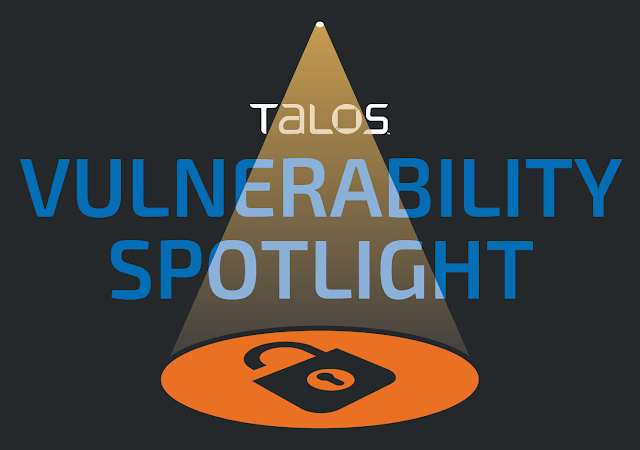
Hackers love free WiFi for the same reason you do: Connecting to the internet requires no authentication. VPNs are as wise of a precaution as antivirus software or a password manager ( yes, this applies to Macs too). A VPN's job is to plug the holes that could be making your data vulnerable to nefarious eyeballs, like creeps scouring public WiFi networks for personal information that could be used to steal your identity.

It acts as a bodyguard between you and your internet service provider (and hackers, and other third-party weirdos) by hollowing out a personal anonymity tunnel through which you perform all of your internet activities. The bottom line is simple: People don't want other people watching what they're doing online, even if they're not doing anything wrong.Ī VPN (virtual private network) is an internet security subscription that basically allows you to make up your own internet rules. But if you wanted a more raw take on the day-to-day VPN experience from normal people (with no filter), there's only one place to go: Reddit (opens in a new tab). In turn, Google has become littered with VPN reviews and lists of the best VPNs according to experts, tech publishers, and regular consumers alike. Whatever the reason, people are becoming more and more paranoid about the vulnerability of their internet usage (that, or they're just really tired of American Netflix). Using Google Chrome to manage your passwords is a bad idea. And don't get us started on how it could affect smaller sites with smaller budgets.ĭiscussions about the government's right to spy on your digital habits (opens in a new tab) without a warrant don't exactly make anyone feel confident, either. Squashing these protections essentially gives internet service providers the green light to dish unfair treatment to certain web traffic - like throttling a Netflix connection or charging extra to use a certain social media platform. New FCC leaders could offer hope for a fairer internet (opens in a new tab), though undoing years of net neutrality bashing is an uphill battle. Slow WiFi and an exposed Google history are an avid internet user's worst nightmares, and the Obama-era rules that protect from these have been under attack since 2017. $2.11 Per Month + 3-Months Free (84% Off 2-Year Plan)

$6.67 Per Month + 3-Months Free + 1-Year Backblaze (49% Off 1-Year Plan) $2.30 Per Month + 2-Months Free (82% Off 2-Year Plan) $3.29 Per Month + 3-Months Extra (60% Off 2-Year Plan) $2.08 Per Month + 3-Months Free (81% Off 2-Year Plan) $2.11 Per Month + 3-Months Free (82% Off 2-Year Plan)


 0 kommentar(er)
0 kommentar(er)
